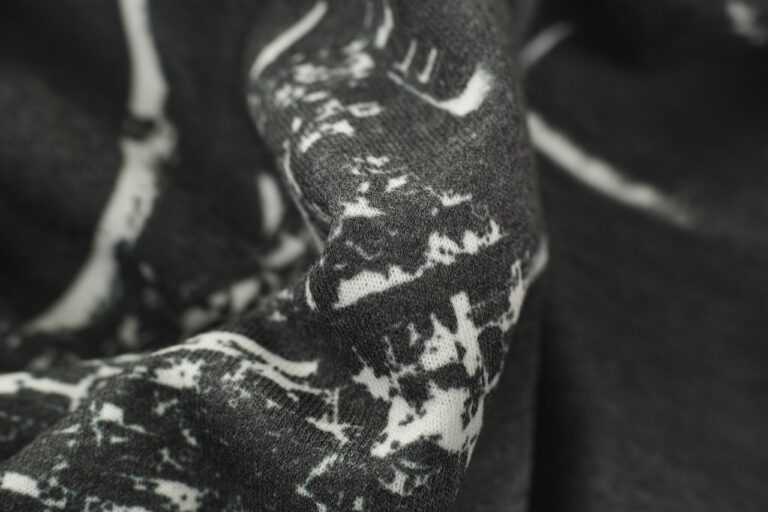The Role of Textiles in Humanitarian Aid Kits for Homelessness: 11x bet login, India24bet login, Sky fair
11x bet login, india24bet login, sky fair: Textiles play a crucial role in humanitarian aid kits for homelessness. From clothing to blankets, textiles provide warmth, protection, and comfort to individuals experiencing homelessness. These items are essential for their survival and well-being. Here’s a closer look at the role of textiles in humanitarian aid kits for homelessness.
Clothing
One of the most basic needs for individuals experiencing homelessness is clothing. In humanitarian aid kits, providing clean and warm clothing can make a significant difference in their lives. Clothing items such as socks, gloves, hats, and jackets help protect them from the elements and promote better health. Textiles used for clothing in aid kits are often durable and weather-resistant to ensure longevity and functionality.
Blankets
Another essential textile in humanitarian aid kits for homelessness is blankets. Blankets provide warmth and comfort during cold nights and help individuals stay safe and healthy. They can also serve as a makeshift shelter or bedding for those who are living on the streets. Textiles used for blankets in aid kits are typically soft, lightweight, and easy to carry for practical use.
Towels
Towels are also essential textiles in humanitarian aid kits for homelessness. They can be used for personal hygiene, cleaning, and drying off after washing up. Providing towels in aid kits helps individuals maintain their dignity and self-care routines. Textiles used for towels in aid kits are usually absorbent, quick-drying, and durable to withstand frequent use.
Masks and Gloves
In light of the COVID-19 pandemic, masks and gloves have become crucial textile items in humanitarian aid kits for homelessness. These items help protect individuals from the spread of viruses and infections, ensuring their safety and well-being. Textiles used for masks and gloves in aid kits are often disposable, breathable, and comfortable for everyday use.
Shoes
Shoes are another essential textile in humanitarian aid kits for homelessness. Proper footwear helps protect individuals’ feet from injuries, infections, and harsh weather conditions. Providing shoes in aid kits promotes better mobility and overall health for those living on the streets. Textiles used for shoes in aid kits are typically sturdy, supportive, and weatherproof to withstand outdoor conditions.
Sleeping Bags
Sleeping bags are indispensable textiles in humanitarian aid kits for homelessness. They provide individuals with a warm and insulated sleeping environment, especially during colder seasons. Sleeping bags offer a sense of security and comfort for those who lack proper shelter. Textiles used for sleeping bags in aid kits are usually lightweight, compact, and easily transportable for convenience.
In conclusion, textiles play a vital role in humanitarian aid kits for homelessness by providing essential items such as clothing, blankets, towels, masks, gloves, shoes, and sleeping bags. These textiles help individuals stay warm, protected, and comfortable while living on the streets. By including quality textiles in aid kits, we can make a positive impact on the lives of those experiencing homelessness.
—
FAQs
Q: How can I donate textiles for humanitarian aid kits?
A: You can donate textiles for humanitarian aid kits through local charities, shelters, or organizations that work with the homeless population. Contact them to inquire about their specific needs and donation guidelines.
Q: What types of textiles are most needed in aid kits for homelessness?
A: The most needed textiles in aid kits for homelessness include clothing, blankets, towels, masks, gloves, shoes, and sleeping bags. These items help individuals stay warm, protected, and comfortable while living on the streets.
Q: How can I get involved in providing humanitarian aid kits for homelessness?
A: You can get involved in providing humanitarian aid kits for homelessness by volunteering with organizations that distribute aid kits, organizing donation drives for textiles, or supporting fundraisers for aid kit supplies. Your support can make a difference in the lives of those in need.







